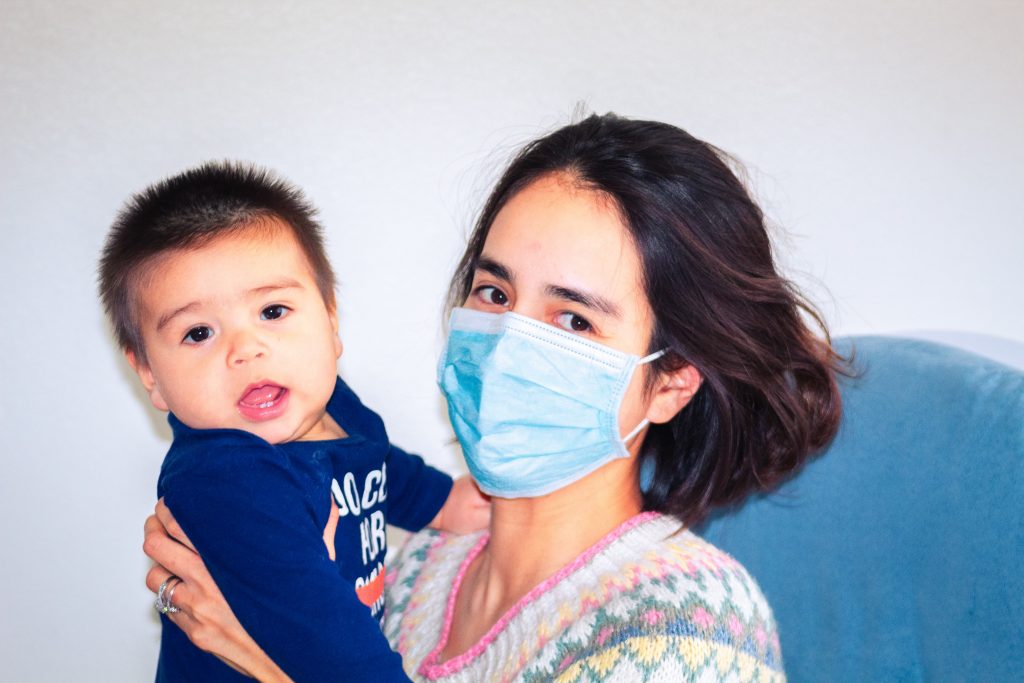We Can Help Families Understand Children’s Social and Emotional Development
Parents, grandparents, teachers, and other education providers have a lot of questions right now about social and emotional learning‚ a broad set of skills related to children’s behaviors and skills related to feelings, self-regulation, interaction with others.
Across the State of Connecticut, we’ve seen an increase in families completing the ASQ:SE-2, which is the Ages & Stages Questionnaire® focused on social and emotional learning. This questionnaire is available via Sparkler to all Connecticut families with young children and can be a useful tool to help families and providers understand children’s social and emotional development.
As a complement to the ASQ-3, which measures five domains of development (communication, gross motor, fine motor, problem-solving and personal-social), the ASQ:SE-2 focuses on infants’ and young children’s social-emotional skill development.

Seven Core Behavioral Areas
The questionnaire measures seven core “behavioral areas,” according to Paul H. Brookes Publishing Co., Inc., the publisher of the ASQs (source):
- Self-regulation — A child’s ability or willingness to calm or settle down or adjust to physiological or environmental conditions or stimulation
- Compliance — A child’s ability or willingness to conform to the direction of others and follow rules
- Adaptive functioning — A child’s success or ability to cope with physiological needs (e.g., sleeping, eating, elimination, safety)
- Autonomy — A child’s ability or willingness to self-initiate or respond without guidance (i.e., independence)
- Affect — A child’s ability or willingness to demonstrate his or her own feelings and empathy for others
- Social-communication — A child’s ability or willingness to interact with others by responding to or initiating verbal or nonverbal signals to indicate interests or needs, feelings, and affective or internal states
- Interaction — A child’s ability or willingness to respond or to initiate social responses to parents, other adults, and peers.
The ASQ:SE-2 can give families and providers a sense of if everything is on track or if there might be a need for further evaluation of a child’s social and emotional behaviors.
It has nine age intervals that can be completed as early as 1 month to 72 months. The questionnaire is intended to be filled out by parents or any caregiver that knows the child well. Parents/caregivers can complete one questionnaire for a “snapshot” at that moment or the entire series to monitor social and emotional development over time.
Once a parent has completed the questionnaire, Sparkler scores it automatically and providers see the scored questionnaire in their Sparkler dashboard.
Each type of response (often or always, sometimes, and never or rarely) has an assigned point value, and additional points are given if a question is marked as a concern.
The ASQ:SE-2 has three score cut-offs: On Schedule, Monitor, or Refer.
When the questionnaire scores On Schedule, it indicates that the child’s social-emotional development appears to be typical. For a score within Monitor, there may be some follow up required to address areas of concerns and continue to check in over time on progress. A score within Refer indicates that there may be a need for further evaluation to address concerns with the child’s social-emotional development.
What Can You Do if Someone Has Concerns or Might Need Support
As a provider, you can offer different resources to families, depending on their concerns and how their children score on the questionnaire. For example:
- Playgroups through the local Family Resource Center or public library
- Home visiting
- Early Childhood Consultation Partnership (ECCP)
- Parenting education programs
- Parenting support programs
- Child First/Child Guidance
- Birth to Three
- Preschool Special Education
If you ever have a question or need related to a specific child, 211 Child Development Care Coordinators are available to support you and help you to identify a resource that would be appropriate. Providers and families can reach us on our direct line at 1-800-505-7000. We are available Monday through Friday 8 a.m. to 6 p.m.
